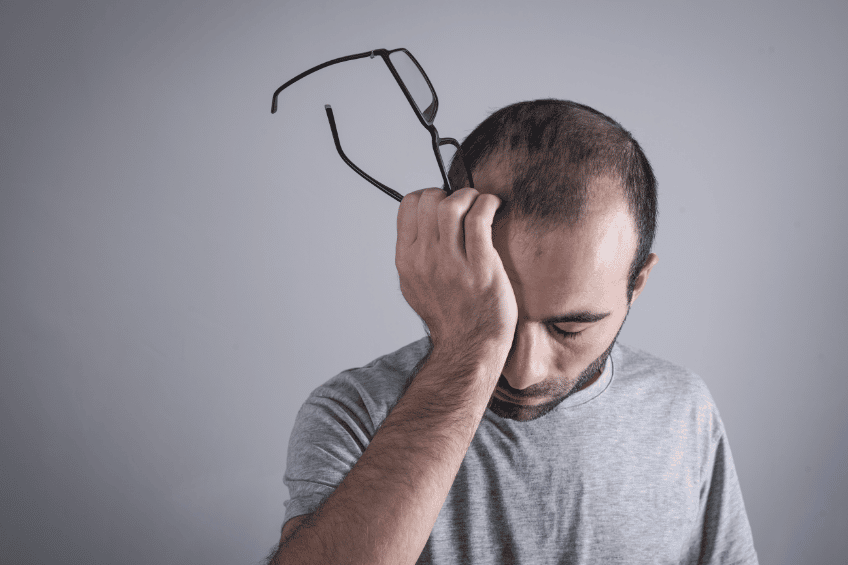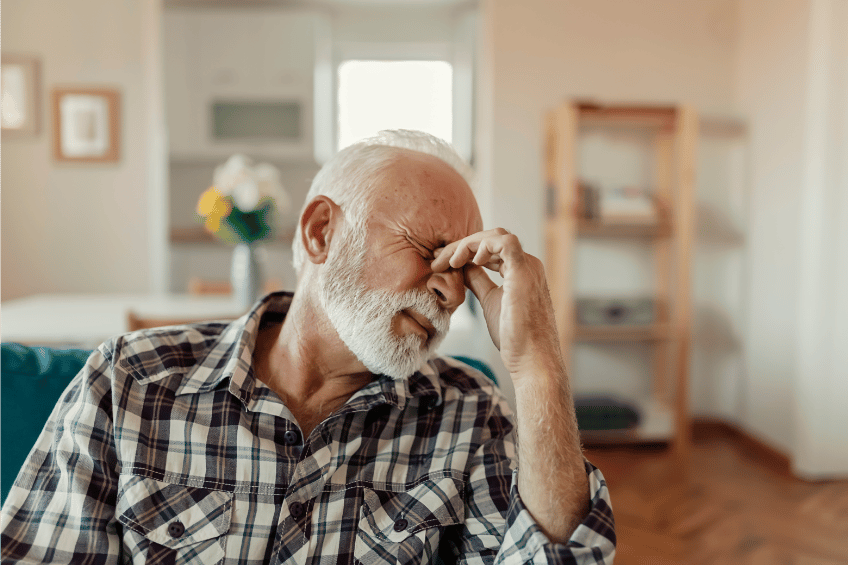Overview
Dizziness is a very common symptom, especially among older people. The term refers to a variety of different sensations, such as feeling suddenly weak, unsteady and whirly, nauseous or like you are about to faint. It can occur at any moment, even while sitting still or lying down. The episode may be gone in a few seconds or last for days, and may recur. Moving the head from side to side, standing up or walking usually makes it worse. Though frequent dizzy spells or long periods of dizziness don’t necessarily pose any life-threatening danger, they may be associated with serious health conditions. They can also lead to falling, which is inherently dangerous. Hence, it’s crucial not to overlook a possible emergency. It is important to pay close attention to the periodicity and duration of dizziness episodes and accompanying symptoms. Remember – never hesitate to visit the doctor.
Causes of dizziness
The way dizziness makes you feel and the actions that provoke an episode provide clues for possible causes. Here are the most common ones:

Labyrinthitis or other infections of the ear
Inner ear infections cause inflammation of the branches of the vestibulocochlear nerve and lead to a temporary loss of both hearing and balance. They are the cause of a severe type of dizziness called vertigo. It creates an impression that you or your surroundings are spinning. If dizziness comes with symptoms like a ringing sound in the ears and feeling sick, you may suspect an ear infection. The symptoms usually start to decrease after a few days, although it can take longer.
Migraine
Migraines are a very common health condition, affecting around 1 in every 20 adults around the world. Intense headaches may be associated with dizziness episodes that may occur before or after typical migraine pain. Sometimes they appear even without the headache. Feeling dizzy or off-balance can be a warning symptom of an upcoming migraine, also called an aura. In this case, unsteadiness will typically develop over the course of about five minutes and last for up to an hour.
